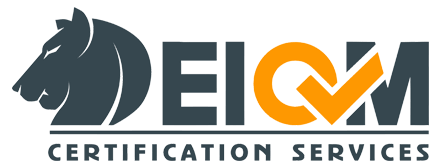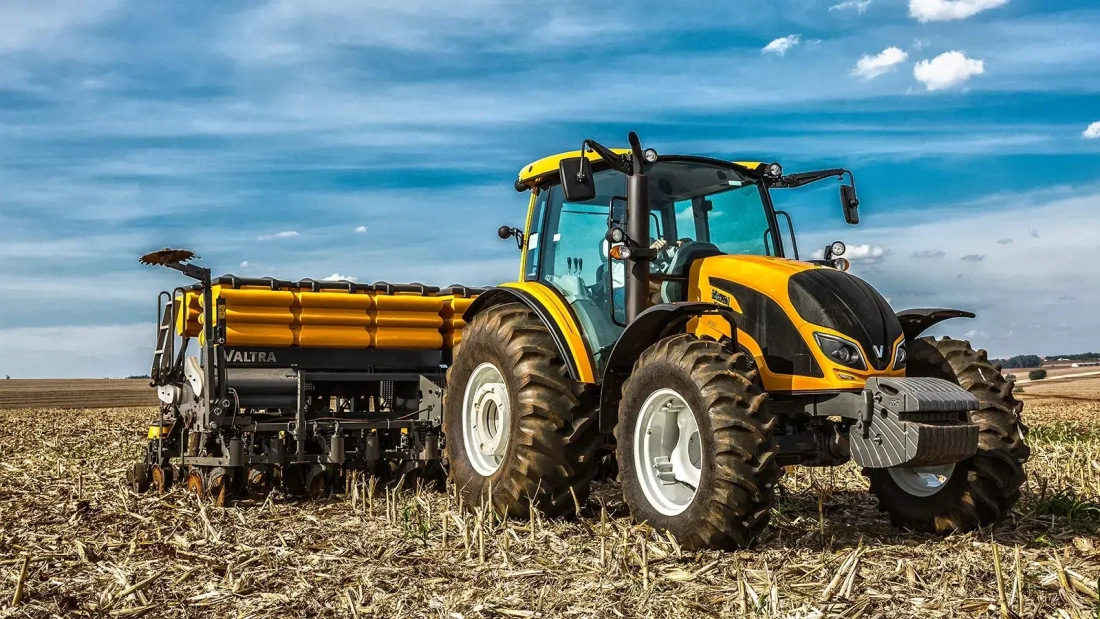Table of contents
Introduction
Agriculture and forestry, like many other industries, are rapidly evolving through technology. One of the key enablers of this transformation is ISO 11783, a global standard that facilitates communication between tractors and other agricultural machinery. Whether you’re a farmer, equipment manufacturer, or technician, understanding This standard is crucial for staying competitive in the modern, data-driven agricultural landscape. This guide will walk you through everything you need to know about this important standard.
Historical Background
ISO 11783 was first introduced in the late 1990s as a response to the growing demand for more advanced, connected agricultural machinery. The standard drew heavily from earlier work done in automotive industries, specifically the CAN (Controller Area Network) Bus system. Over time, the standard has been expanded and revised to keep up with technological advancements in agriculture.
Key milestones include:
- The adoption of the CAN Bus system as a foundational element in machine communication.
- The introduction of the ISO Virtual Terminal (VT), which serves as a central control interface for various machines.
- The development of the Task Controller (TC), which manages specific agricultural tasks like planting or spraying.
Purpose of ISO 11783
The core purpose of ISO 11783 is to enable seamless communication between various pieces of agricultural machinery, regardless of the manufacturer. Think of it as a standardized communication protocol that ensures tractors, seeders, and harvesters can “speak” to each other.
This standard plays a critical role in:
- Precision Agriculture: By allowing machines to share data, This standard supports technologies like GPS-guided planting and variable-rate applications of fertilizers.
- Data Management: It enables the collection and analysis of farm data, leading to better decision-making and resource management.
- Machine Compatibility: Farmers no longer have to worry about compatibility issues when purchasing equipment from different brands.
Components of ISO 11783
ISO 11783 consists of several key components that work together to facilitate machine communication:
- Electronic Control Units (ECUs): These are the brains of the operation, responsible for controlling different functions of a machine.
- CAN Bus Communication System: A communication network that allows ECUs to share data with each other.
- ISO Virtual Terminal (VT): A user interface that consolidates controls for different machines into one central display.
- Task Controller (TC): Manages specific operations like planting or spraying, ensuring precision and efficiency.
The Role of CAN Bus in ISO 11783
The CAN Bus is a critical part of This standard. This communication system was originally developed for the automotive industry but has been adapted for agriculture. The CAN Bus allows multiple machines and devices to communicate over a single network without needing a central computer. This makes it perfect for the complex environments of farms and forests, where numerous machines often need to work together.
How ISO 11783 Improves Efficiency
One of the primary benefits of ISO 11783 is its ability to improve overall farm efficiency. By enabling machines to share data and work together seamlessly, farmers can automate processes, reduce human error, and make better-informed decisions.
For example, a tractor equipped with This standard can automatically adjust its settings based on real-time data from a seeder or sprayer, ensuring optimal planting or spraying rates. This level of precision not only boosts crop yields but also reduces waste.
ISO 11783 and Smart Farming
In the era of smart farming, ISO 11783 is more relevant than ever. The standard supports the integration of advanced technologies like the Internet of Things (IoT) and artificial intelligence (AI), which are becoming increasingly common in agriculture. From automated tractors to drone-based crop monitoring, ISO 11783 ensures that all these devices can share data seamlessly.
ISO 11783 Compliance
If you’re a farmer, equipment manufacturer, or service provider, compliance with ISO 11783 is crucial. This standard is now a key requirement for anyone working in agriculture and forestry, especially those looking to adopt precision farming techniques.
Conclusion
ISO 11783 is a game-changer for the agriculture and forestry industries, offering a universal communication system that boosts efficiency, productivity, and machine compatibility. Whether you’re a farmer looking to adopt precision agriculture or an equipment manufacturer aiming to enhance product interoperability, ISO 11783 provides the framework you need to succeed in today’s rapidly evolving technological landscape.


Add a Comment